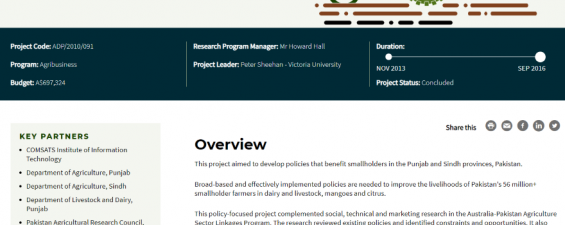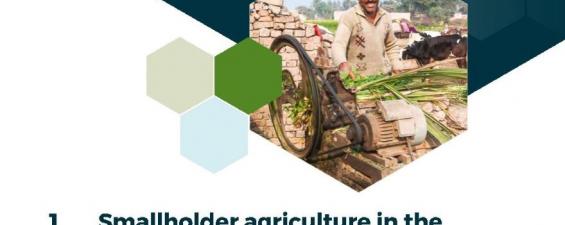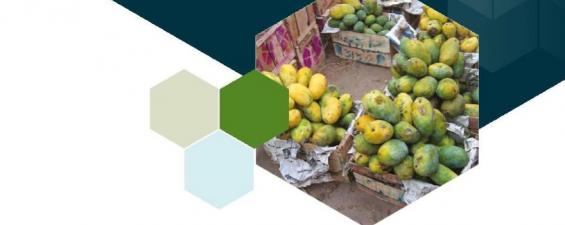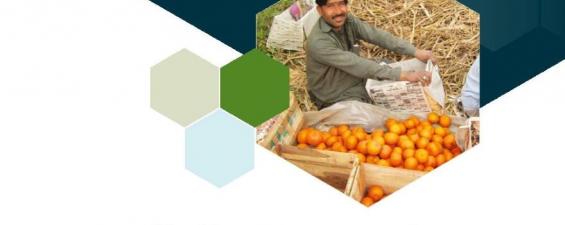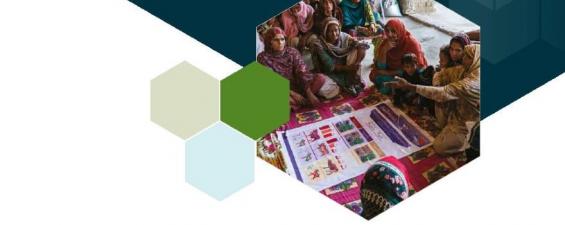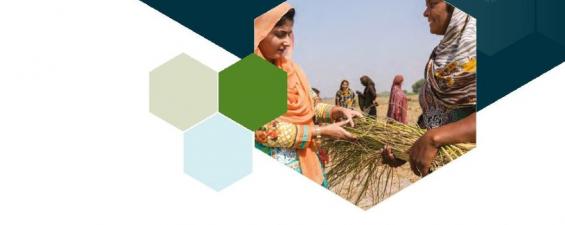Drawing on the lessons from economic development in China and elsewhere, this research reveals that smallholder farmers have a vital role in Pakistan’s future. Detailed economic and market analysis has underpinned extensive consultation with provincial and national policymakers. The result is a robust policy framework, complete with detailed advice on how to implement an integrated approach to transform smallholder agriculture.
Legacy research
- ADP/2010/091 Enabling agricultural policies for benefitting smallholders in dairy, citrus and mango industries in Pakistan
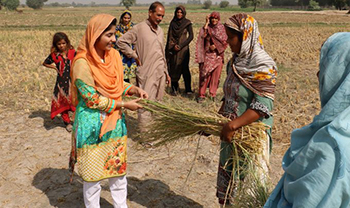 This project analysed the challenges faced by smallholder agriculture in Pakistan, studied the experiences of other countries, and recommended the policies needed to transform the sector. It concludes that Pakistan has the potential to become a substantial exporter—of dairy, citrus and mango products, for instance—to the rapidly growing countries within Pakistan’s region. Moreover, smallholder farmers could play a key role in this expansion, according to the evidence presented.
This project analysed the challenges faced by smallholder agriculture in Pakistan, studied the experiences of other countries, and recommended the policies needed to transform the sector. It concludes that Pakistan has the potential to become a substantial exporter—of dairy, citrus and mango products, for instance—to the rapidly growing countries within Pakistan’s region. Moreover, smallholder farmers could play a key role in this expansion, according to the evidence presented.
The research team rejected the view that smallholders cannot compete in modern agricultural markets and therefore should exit from agriculture. In contrast, they find that smallholder agriculture can be very efficient in labour intensive subsectors like dairy and horticulture. Plus, through cooperatives, contract farming and producer organisations, small farmers can “act big”, gaining economies of scale and entry to modern supply chains.
To explore the drivers and barriers to such a transformation of the smallholder sector, the project investigated several key aspects. The report provides a succinct and readable chapter on each of these.
Taken together these provide a blueprint for achieving the potential of Pakistan’s smallholder sector.
- The potential from transforming smallholder agriculture - this would have a massive impact on Pakistan’s overall economic situation and lead to a substantial reduction in poverty.
- International market trends - demand for starchy staples and rice is giving way to higher demand for fruit, vegetables, livestock and dairy products, but standards are high. Trade Data reveals opportunities and competitors in both fresh and processed products.
- Credit & Insurance – access to finance is a fundamental enabler for smallholders to adopt technologies and systems to meet market
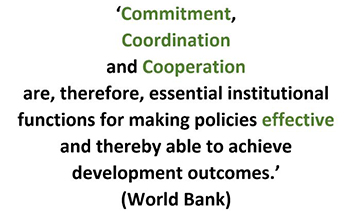 Chapter topics:requirements.
Chapter topics:requirements. - Extension - modern extension services must be participative and include building trust, behavioural change, reduction of risk, and successfully connecting farmers with value chains.
- Access to markets in Pakistan - smallholders are mostly isolated from markets, information-poor and thus unable to respond to market conditions. Supermarkets require quality products with correct grading, handling, packaging and presentation.
- Producer organisations - because small farmers cannot individually engage with modern supply chains, they need the support of arrangements such as co-operatives, producer companies and contract farming.
- Gender inclusion – transformation is not possible unless rural women are equitably engaged in the process and are also able to access credit, market information and technical training.
- Implementation – requires commitment, coordination and cooperation from all levels of government, including capturing synergies from existing agricultural policy initiatives in Pakistan, Punjab and Sindh. All recommendations should be implemented as a combined package to generate a strong reinforcement effect.

